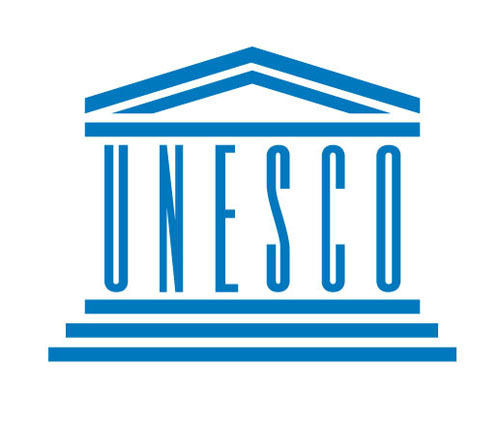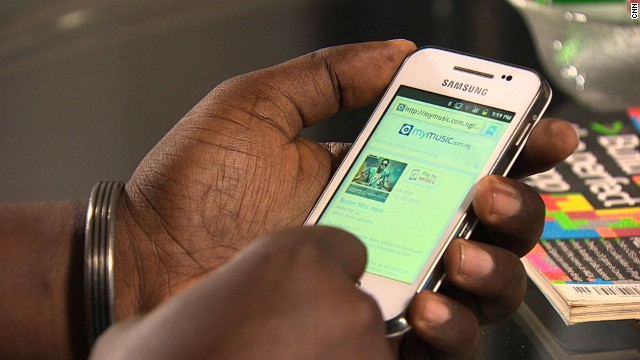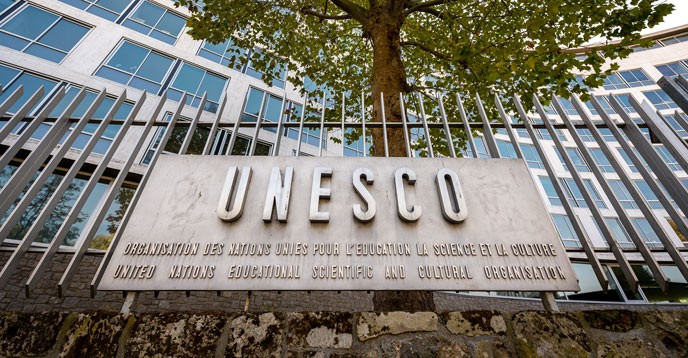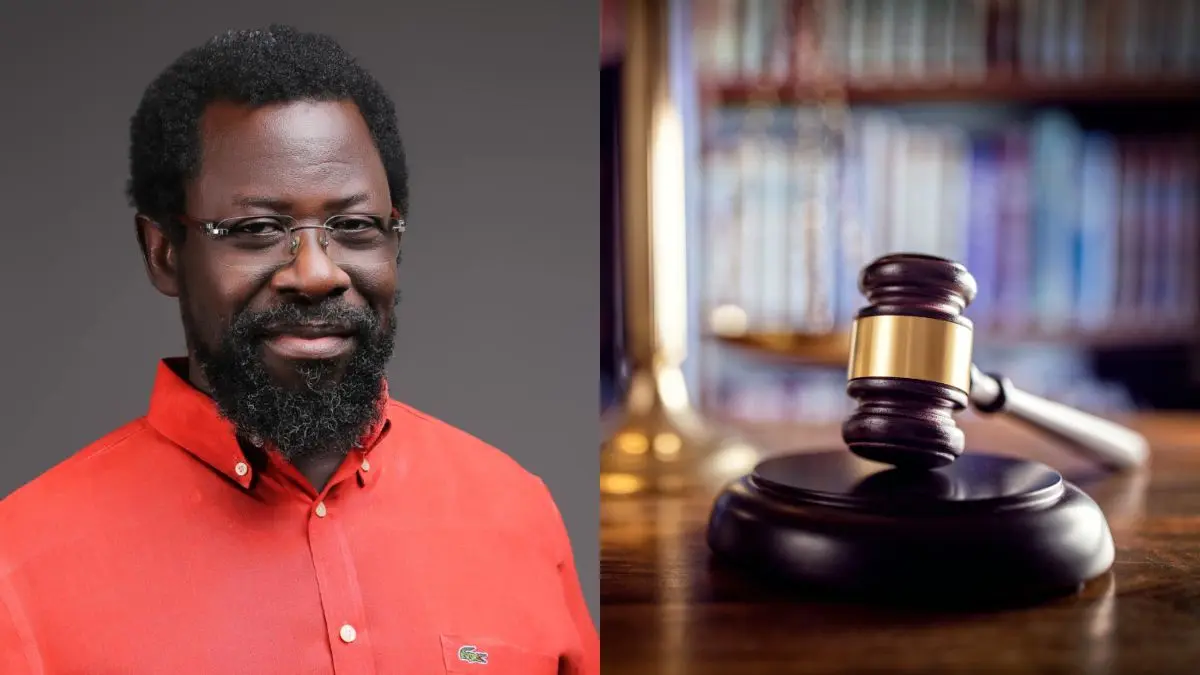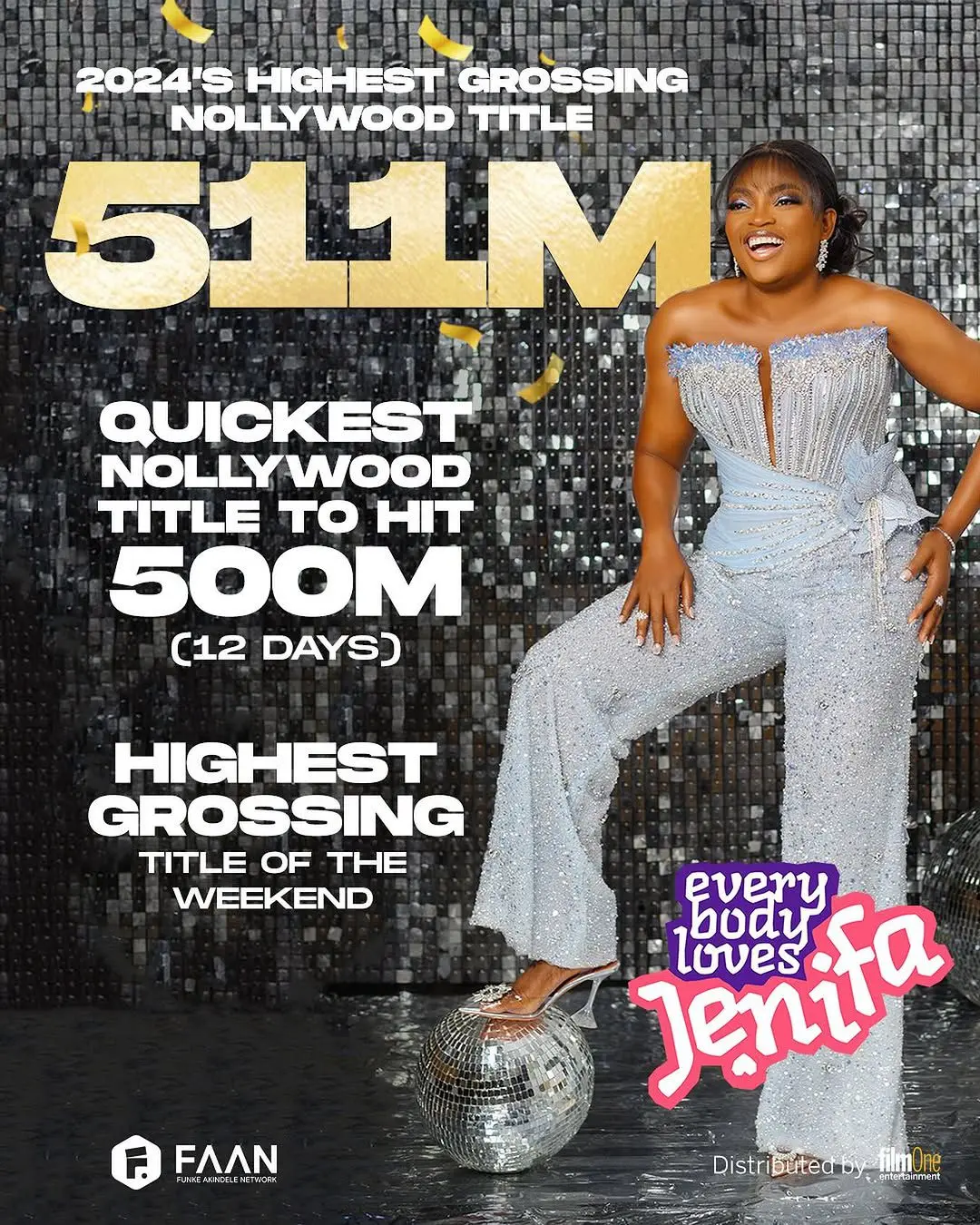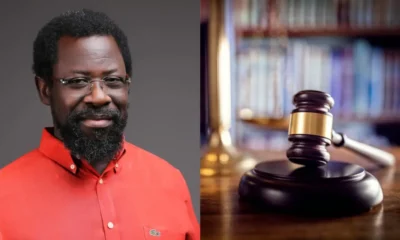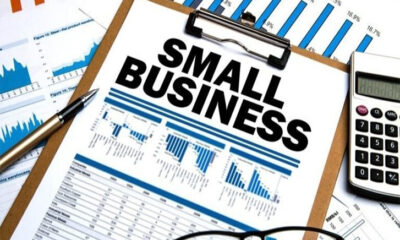United Nation Educational Scientific and Cultural Organisation (UNESCO) on Tuesday said it would deepen effort to prevent and reduce confusion created by unprofessional journalism via the internet.
The UNESCO Regional Director, Abuja Office, Mr Yao Ydo, made this known at a two-day event of training of the trainers on Media and Information Literacy (MIL) in Abuja.
The theme of the event is “ Think, Create, Share the News“.
According to him, the evolution of internet has given room to the unprofessional journalism to thrive.
He said that the internet had become a force for good or bad actions; adding that that was where MIL came in.
“ Everyone with a small device sees himself as a journalist, willing to broadcast to the world as the first person to click the button.
“UNESCO is drawing on all of its strengths to deepen cooperation through education, sciences, culture and communication supporting member states, civil
society actors, academia and private sectors in order to prevent mayhems via the internet.
“MIL can encourage the celebration of connectivity across cultures to counter radicalism and extremism by drawing attention to the need for all citizens to understand how as individuals in a given context make sense of their experiences.
“MIL, therefore, is to equip citizens with competencies needed to seek and enjoy the full benefits of fundamental human right,“ he said.
Ydo said that MIL programmes were essential to help youths better identify and reject extremist propaganda.
“UNESCO’s position is clear – the internet and new ICTs must be platforms for positive engagement, peace, promoting respect for human rights and dignity, enabling dialogue and mutual understanding,’’ he said.
Contributing, Mrs Debora Malgwi of the National Film and Video Censor Board (NFVCB) said that MIL would empower citizens with essential knowledge about the functions of media and information systems in democratic societies.
She said that MIL could become a powerful and positive force in promoting peace, democracy and development in the country.
According to her, information largely determined capacity to enjoy fundamental freedom.
She said that there had been a lot of interest in realising the potential of Information and Communication Technologies (ICTs) for achieving socio-economic development in the past two decades.

 MUSIC6 days ago
MUSIC6 days ago
 MOVIES6 days ago
MOVIES6 days ago
 ENTERTAINMENT6 days ago
ENTERTAINMENT6 days ago
 SPORTS6 days ago
SPORTS6 days ago
 TRAVEL4 days ago
TRAVEL4 days ago
 HEALTHY LIVING4 days ago
HEALTHY LIVING4 days ago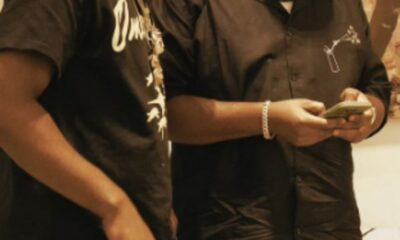
 ENTERTAINMENT5 days ago
ENTERTAINMENT5 days ago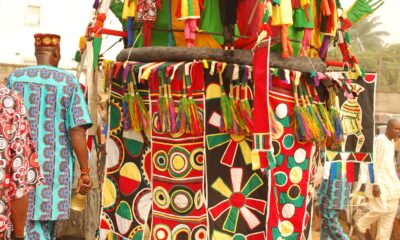
 ARTS & CULTURE4 days ago
ARTS & CULTURE4 days ago

